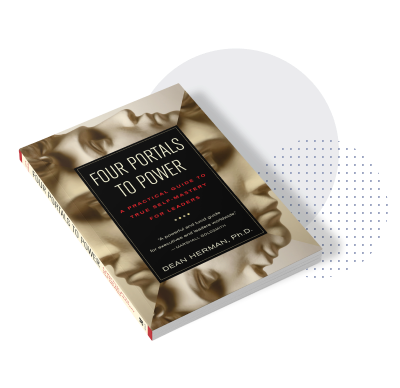Articles
Change Others' Bodily States, Change the World
January 15, 2013 (Number 41) Do you want to powerfully influence others? If so, let me show you the most direct channel for achieving that.Think back to a time recently when you were with someone you know who was clearly tense and unhappy. Perhaps she was expressing frustration. Perhaps, even, she was angrily blaming you for her situation.
Did you, like most people, get preoccupied with thoughts about how to escape from the conversation or defend yourself? Or did you recognize that this individual, like all people who are vexed, was actually feeling a great deal of tension and discomfort physically, in her body — and was wanting you to calm her physical state for her?
When people feel frustrated — that is, unable to satisfy an important need of theirs — they experience dysregulation in their nervous systems. When they approach you in their resultant hyper-aroused state, they're inviting you to regulate their nervous systems for them. This happens all the time in the workplace.
Do you think effectively responding to these urgent invitations might be useful for your career? Or for your marriage? If so, consider these tips:
- Interpersonal connection, so long as it's reasonably attuned, is inherently soothing and therefore regulating. So simply making yourself available to the frustrated person, rather than indulging your desires to avoid him, will significantly improve the situation.
- Bear in mind that the frustrated person is feeling somewhat powerless to get his needs satisfied. Therefore, whenever possible, confidently state your intention to quickly resolve the frustration at hand (e.g., "I'll do whatever is necessary to take care of this ASAP."). For added calming effect, blend in your expressed empathy (e.g., "I get how frustrating this has been for you.").
- On the other hand, avoid being overly apologetic or the least bit obsequious. Otherwise, you'll demonstrate an absence of the reassuring strength that is needed and will therefore be experienced as irritating and dysregulating.
Dean Herman


